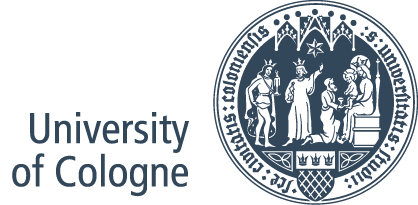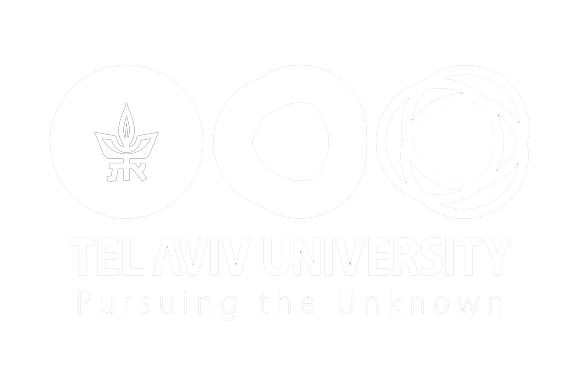en
Person: Genschow, Oliver
Filter by category
Filter by person
- B
- Baldwin, Matthew
- Barker, Paul
- Bašić, Zvonimir
- Beck, Lina
- Becker-Peth, Michael
- Benedict, Taylor
- Bergemann, Dirk
- Berger (née Müller), Lara-Marie
- Bierbrauer, Felix
- Bindler, Anna
- Blatz, Lisa
- Blens, Michael
- Bobbio, Emmanuele
- Bodenschatz, Anja
- Boecker, Lea
- Boelmann, Barbara
- Bolton, Gary
- Bonzelet, Sabrina
- Boonmanunt, Suparee
- Bortolotti, Stefania
- Brandkamp, Simon
- Breuer, Kevin
- Buckenmaier, Johannes
- Buffat, Justin
- Burghardt, Juliane
- Burgmer, Pascal
- Burmeister–Anne
- Burmeister, Anne
- Butschek, Sebastian
- Büttner, Lisa
- G
- Gafeeva, Rufina
- Galinsky, Adam
- Garagnani, Michele
- Garcia Segarra, Jaume
- Gast, Anne
- Gellert, Dylan
- Genschow, Oliver
- Gerigk, Judith
- Gerten, Elisa
- Gerten, Judith
- Ghoniem, Amir
- Gillen, Philippe
- Glöckner, Andreas
- Gödderz, Alexandra
- Goeree, Jacob
- Gramb, Marius
- Granic, Georg-Dura
- Gretschko, Vitali
- Gross-Boelting, Christoph
- Grossmann, Max
- Grundmann, Susanna
- Grundner, Stefan
- Gürerk, Özgür
- Gürtler, Oliver
- S
- Sachs–Florian
- Sachs, Anna-Lena
- Sachs, Florian
- Salicath, Daniel
- Santiago Wolf, Luisa
- Saral, Ali Seyhun
- Sarin, Maivand
- Saxler, Franziska
- Scharf, Sophie
- Schielke, Anne
- Schier, Uta
- Schmalz, Martin
- Schmitz, Patrick
- Schneeberger, Alexander
- Schneider–Sebastian Olivier
- Schneider, Iris
- Schneider, Sebastian Oliver
- Schneiders, Sebastian
- Schottmüller, Christoph
- Schreiber, Mike
- Schröder, Marina
- Schulte–Anna
- Schumacher, Nils
- Schweitzer, Vera
- Schwerter, Frederik
- Seibel, Magdalena
- Silva, Rita
- Sliwka, Dirk
- Smela, Patrick
- Sparks, Jehan
- Speckmann, Felix
- Sperlich, Lea
- Stangl, Tobias
- Starck, Jeffrey
- Stein, Caroline
- Steinmann, Anna
- Sting, Fabian
- Stirner, Anna
- Stommel, David
- Strang, Louis
- Striewe, Victoria
- Struth, Lennart
- Su, Nanxu
- Sund, Oda
- Sutter, Matthias
Psychology Today, 01.06.2021 | Susan Krauss Whitbourne
„Being chronically ambivalent may seem to be a maladaptive if not irritating quality. […] As pointed out in a new study by University of Cologne’s Iris Schneider and colleagues (2021), “Ambivalence is at the heart of many topics that people care deeply about.” […] Although ambivalence usually has negative connotations, Schneider and her fellow researchers propose that there can be some concrete benefits. […] [A]s the authors predicted, people higher in ambivalence were less likely to fall prey to […] attributional bias. […] Reflecting on their findings, the authors suggest that the reason ambivalent people are less prey to bias is that “ambivalence leads to broader processing and incorporation of diverse perspectives.””In-Mind, 16.03.2020 | Oliver Genschow
“In Zeiten der Coronavirus-Krise haben Hamsterkäufe Hochkonjunktur. […] Zwei psychologische Prinzipien können dieses Kaufverhalten gut erklären. Das Prinzip der Knappheit […] [und] das Prinzip der selbsterfüllenden Prophezeiungen.”This year, the German Society of Psychology (DGPs) awards the prize to the editorial team of the online magazine In-Mind. …










